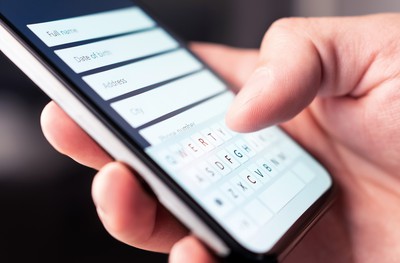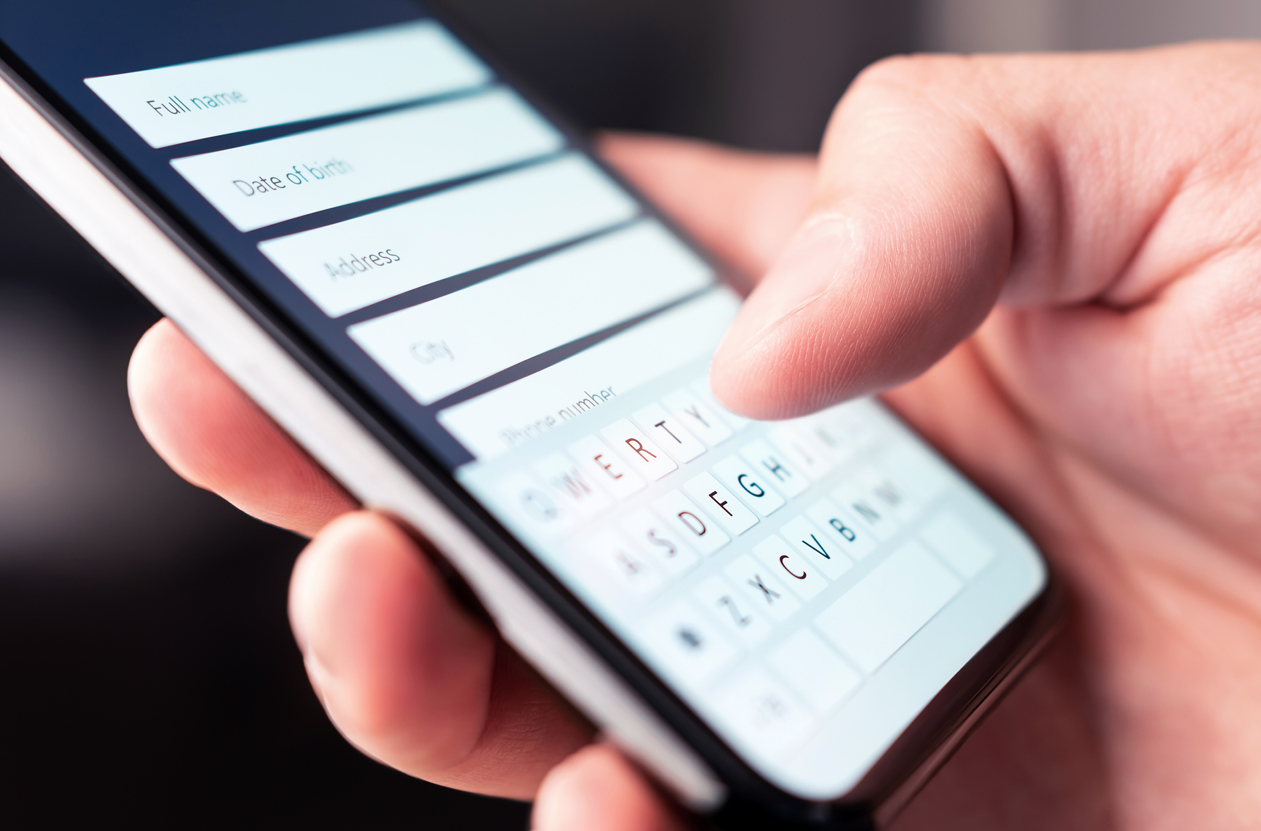
Key Takeaways
- There’s a call to ban phones at World Series of Poker events to prevent use of real-time assistance apps.
- An outright ban could negatively impact tournament field sizes.
- Phones are integral to everyday life and banning them could disconnect players for long periods.
- Phone-banning could disrupt game flow due to frequent breaks.
- Most players use phones for normal activities, not to cheat.
- A phone ban could deter recreational players and impact the poker economy.
Over the past few days, a portion of the poker community has been up in arms about certain players using RTA (real-time assistance) during WSOP events. The discussion has created quite a bit of turmoil and led to a number of suggestions on how to resolve this growing problem, including a suggestion to outright ban phones from WSOP events.
On the surface, this may seem like the simplest and most efficient way to prevent the usage of different apps that provide real-time strategy advice. If players aren’t allowed to use their phones, they can’t abuse the apps.
But this is one of those situations where a cure could be worse than the disease, and rushing to introduce such a massive decision could have long-lasting and very undesirable effects on tournament field sizes.
While any and all forms of cheating in poker should be heavily penalized, and we need systems in place to prevent such activities, there needs to be a balance where these protection measures don’t seriously hurt other aspects of the game, and an outright ban on phones potentially crosses that line.
We Live in Different Times
Over the course of the discussion, a few of the more experienced players shared their experiences from back when, mentioning that phones used to be banned at the tables, and that was during the time when you could only use them to make calls and send text messages. Surely, now that every phone is a mini-computer and can run powerful RTA tools, there is a much bigger argument for them to be banned?
But this argument misses on a much bigger picture. Yes, today’s phones are mini-computers and they can run poker RTA apps. However, that’s just a very small fragment of what they can do. They are media centers, communication hubs, and something that’s become a part of our everyday lives.
Now, WSOP bracelet events aren’t some quick games that last for half an hour. These tournaments can and do last for hours every day, and while there are breaks in place if we were to ban phones, there would be periods of two or three hours where players would be, in a way, cut off from the world.
We’re not living in 2000s anymore, where you may get an occasional phone call or a message. Over the period of two hours, you might get ten notifications, with the phone buzzing in your pocket, and you wondering what’s happening. Is it just a random notification or a friend trying to reach you?
Of course, you can get up from the table at any point, but now you need to figure out if it’s worth missing a hand or two. Plus, where is the phone-free zone? Do you just have to leave your seat, or do you have to leave the tournament area entirely?
Do we really want to start banning players who are clearly having fun and, a few beers into the tournament, forget about the rule and pick up the phone to text their friends to tell them how much they’re enjoying their time at the WSOP?
We also need to think about what this might do for the game flow. If they can’t use phones at the tables, people will be constantly leaving their seats, messing up with the game flow, making the whole experience less enjoyable and leading to some unpleasant situations for the dealers (i.e., “Come on man, why did you fold my cards, I was running back.”)
Rules Are Good, but They Have to Make Sense
Looking at the social media discussions and some surveys, there seems to be rather strong support for the ban, but I’d argue that these results need to be taken with a grain of salt, at least when it comes to the World Series of Poker.
A vast majority of people playing in low-buy-in events aren’t engaging in Twitter/X wars, and many of them would probably find the no phones rule extremely inconvenient, if not outright unacceptable.
There is no denying that some (probably a rather small portion) of players at the WSOP will try to use their phones to cheat. Most, however, will use it the way they use it away from the tables: to send messages, post pics, comment, watch videos, and, of course, listen to music.
You take all of this away from the proverbial “average Joe,” and you’ve now seriously impacted the fun they’re having at the tables.
The argument “let them talk to other players” doesn’t really hold water. Whether we like it or not, we do live in different times, and being connected at all times has become something we’ve become used to.
Would it be good to take a break from it all and just enjoy a few hours away from it, while focusing on, say, a poker tournament. Absolutely, but this is not really a viable option for many people. They may have personal and professional obligations that they can’t put on hold on a whim, but they still want to play some poker. Should we prevent them from doing so?
Keeping Eye on the Ball
For professional players and industry insiders, it is easy to sometimes forget what makes the (poker) world go around. Without recreational players wanting to play and being excited about going to events like the World Series, the entire poker economy could get in trouble.
Banning phones may seem like no big deal, but from where I’m sitting, it seems like a huge deal; in fact, it sounds like a rather big deal breaker for many out there.
We can shrug it off and say they’ll get used to it. But the fact of the matter is, if this rule was put in place, not everyone would just get used to it. There are other, more relaxed environments where they can spend their money.
The only way to justify it would be if, all of a sudden, a stream of new players flocked to the tables because now that there are no phones, they can finally enjoy a fair game. I don’t see it; most players don’t really worry about this, and the number of players using RTA in live games can’t be that big.
It’s down to tournament organizers to figure out ways to punish and remove (if necessary) these players, and there is every reason to do so. But a blanket ban on phones at the tables isn’t the solution we want or need at this point in time.

